Since 2003, CIS has strived to provide the highest quality residential care to adults with developmental and specialized behavioral needs. Headquartered in Federal Way, Washington, with offices in Spokane, CIS provides services for people with disabilities including community-based residential living, mental and medical healthcare, independent living skills, household and personal needs. Co-founders, Janell Franco-Featherstone and Charles Morton, have many years of collective experience in the social service and education fields, and are dedicated to working with individuals with developmental disabilities and behavioral issues to ensure that they can live their lives as independently as possible.
Our Mission
CIS strives to become the premier provider of social services to our community’s most vulnerable individuals.
We Believe
Every person deserves a safe place to call home and an affirming and supporting environment to flourish and grow.
Senior Leadership
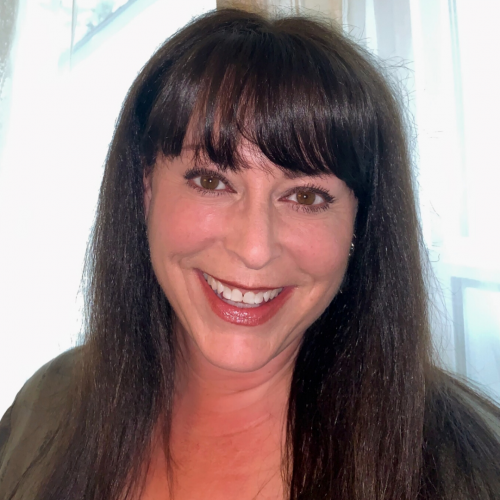
Joan Cardwell
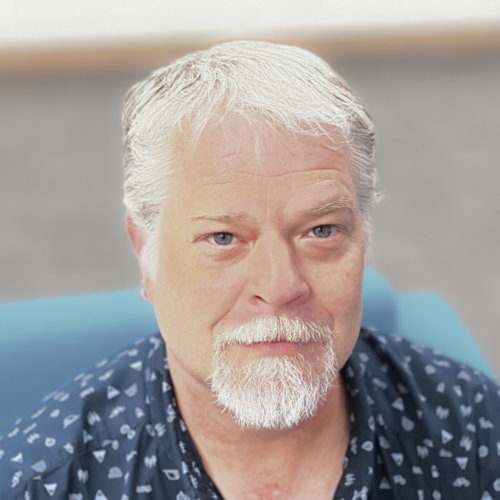
Jim Shissler
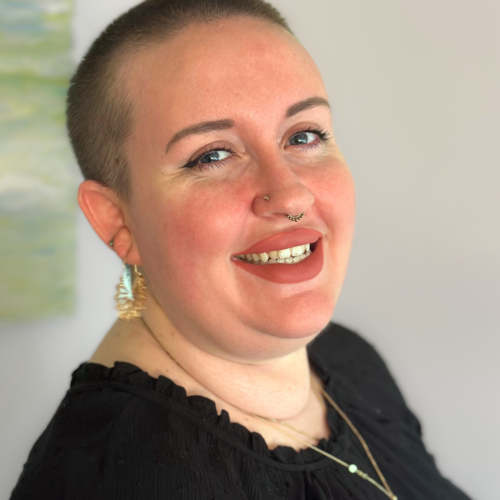
Hailey Faiola
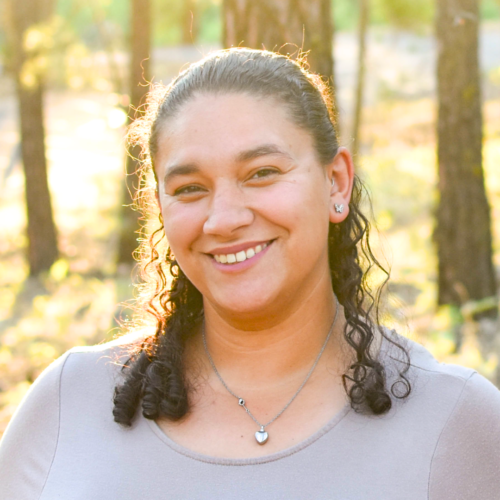
Angelique O’Brien
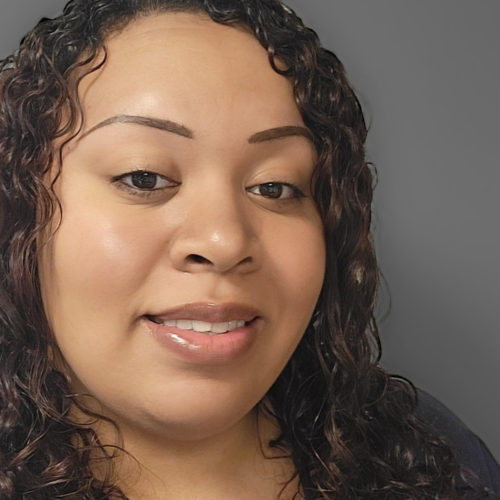
Shaneen Bryant
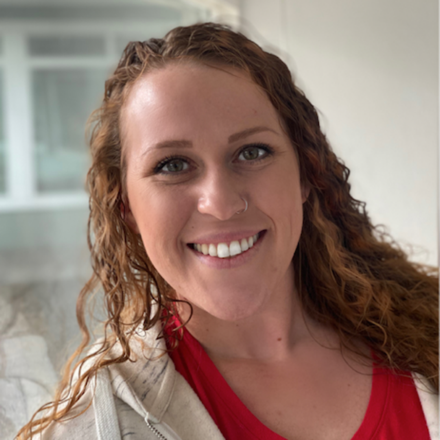
Heather Morgan
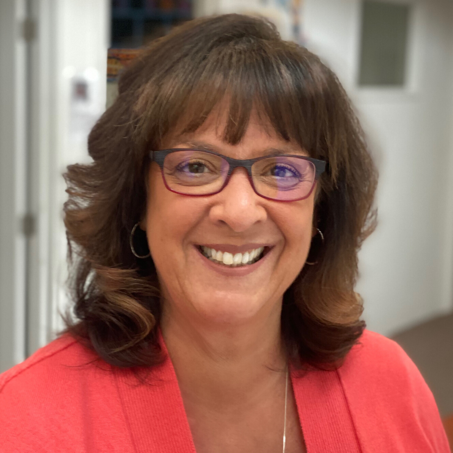
Pam Farman
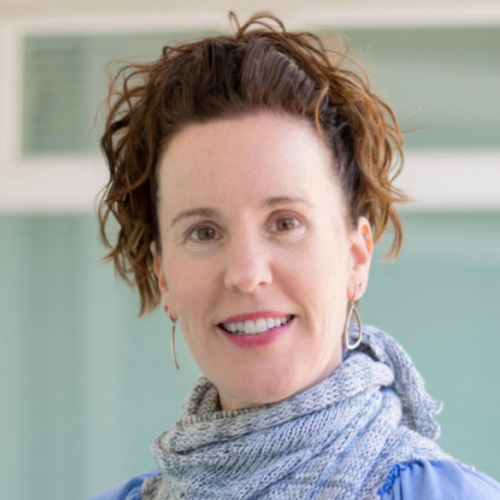
Janell Franco-Featherstone, MA
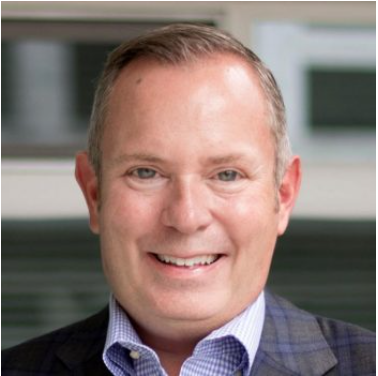
Charles Morton, PhD

Agency Administrator
Joan Cardwell
Joan’s previous position with CIS was Program Director for the Spokane program. As the leader of that program, she had a sizable team of people that reported to her. “I am NOT the boss,” she emphasizes. “I call myself the ‘head cheerleader’ because teamwork and attitude are more important to our mission.”
Joan has used her skills and enthusiasm to help build a strong team. She is dedicated to the CIS mission of providing an affirming and supportive environment that allows clients to flourish and grow. As director of operations, Joan continually collaborates with human resources, training, medical coordinators, and other program managers in both Federal Way and Spokane.
Joan is proof that you can translate skills from unrelated fields into social services. “I came from 24 years in retail department stores, and I am still focused on customer service.” Joan re-directed that focus from helping retail clients to working with CIS clients.
While Joan likes the head cheerleader description, she also compares her management style to that of a steward. “I like rules, cohesion, and cooperation. We know that we’re only as strong as our weakest link,” she notes, “so we make sure we give strength to our weakest links because it makes the entire chain stronger.”
When asked what it takes to work at CIS, Joan was quick to list the qualities of empathy and compassion. “Make sure you are able to put aside preconceptions and can see each client as a person.” She adds that if people come to CIS with the right outlook, they are paid to get the thorough training they need to get started. “But it doesn’t end there,” she adds. “Here, we are constantly learning and growing.”

Human Resources Director
Jim Shissler
Jim is responsible for the recruiting and training programs at CIS. He also oversees human resources as well as internal and external investigations for incidents with clients.
Jim began working at CIS in December 2006 and started as a program manager in Spokane when that program was created. In October 2010, he became the trainer/recruiter in Spokane and managed recruiting and training staff in the Spokane area. In July 2023, Jim relocated to Federal Way to take the role of human resource director for CIS in Federal Way and Spokane.
Jim notes that he was inspired as soon as he started working at CIS. “Charlie and Janell are very knowledgeable and also passionate about what they do,” Jim states that he is impressed with CIS’ emphasis on the value of people. “I absolutely love CIS’ mission statement, especially the third paragraph that states ‘Community Integrated Services believes that its employees are the foundation and the preeminent resource integral to CIS’s ability to fulfill the company’s goal of being the premier provider of services to our community’s most vulnerable individuals.’”
Jim says that he believes working at CIS is full of opportunities to help others and grow as a person. He explains, “Many of our employees have worked at CIS for years, and a lot of people have been able to utilize the knowledge they have accrued over the years to take leadership positions as part of the management team.”
Even when times can be challenging, Jim explains that people can be successful by working as a team. “I have learned a lot at CIS about the meaning of teamwork and how much can be accomplished when people support each other.” Jim continues, “Working together to support people in becoming successful in life is motivating in and of itself, but it is so much more fulfilling doing so at a company like CIS!”

Clinical Director
Hailey Faiola
Hailey always felt destined for a career in human services. She began working with individuals with disabilities in her teen years. Once she graduated high school, Hailey started working with adults with disabilities in a community-based setting, filling many roles, including DSP, Employment Specialist, Respite/Employment Program Manager, and Behavior Analyst (BCBA).
This passion drove her to obtain her master’s in special education with an emphasis in ABA from Arizona State University. Whether through work or while pursuing degrees, Hailey’s philosophy for providing support to people with disabilities has always been firmly grounded in empathy, respect, and empowerment. “It’s so important to treat each person as an individual and recognize their unique strengths, challenges, and preferences,” she explains. “This approach demands active listening, collaboration, and advocating. That creates a solid foundation from which we can promote the well-being and maintenance of autonomy of the clients we serve while ensuring they have the resources and support they need to live fulfilling lives.”
Hailey joined CIS as Clinical Director in 2024. “I didn’t make the move lightly,” she notes. “I joined CIS because it has a great company culture that aligns with my beliefs and working style. That culture is easy to spot in everything this agency does. CIS employs people from all kinds of backgrounds, bringing together people with a wide variety of experience and talents. And that makes perfect sense, not only because it’s a socially responsible approach but also because CIS clients present a range of needs, coming from a variety of backgrounds and circumstances. A diverse set of employees are better equipped to serve a diverse set of clients.”
Hailey also appreciates CIS’s dual focus on employees and clients. “Not only does CIS focus on making sure that the individual clients are living their best lives possible. But this agency is also making sure that our staff are supported. This focus really resonates with me because, in some of my previous positions, I didn’t always feel super supported when I was a staff member. That’s one of the reasons I am so committed to ensuring that all CIS staff are properly supported. After all, if the staff isn’t supported, how can they possibly support clients?”
When asked about her leadership style, Hailey states, “I would never ask an employee to do something I wouldn’t do.” She works to foster a culture of inclusion and respect where everyone feels valued and supported. She strives to inspire those around her to uphold the same standards of care and compassion, ultimately creating a more positive and effective environment for the individuals CIS serves.
When asked what it takes to work at CIS, Hailey says, “It takes empathy, patience, and flexibility. No two days are ever the same, which makes this job so fun. To be successful, one must possess a commitment to learning, a passion for helping others, and respect for the dignity and autonomy of each individual.”
She also finds satisfaction in watching employees grow and succeed. “It’s amazing to see new staff come and watch that individual grow into a trainer, recruiter, or a manager. I love that the team I oversee plays a part in a new hire’s success.”

Program Director Spokane
Angelique O’Brien
Angelique joined the CIS team in 2018 as a DSP and was promoted to Program Manager before she became Program Director in Spokane. “I have quite a few people in my family who worked in caregiving,” she explains, “so I was already very familiar with the community care model when I started here.”
“Everyone here is very team-minded,” she says. “Everybody here works as a team for the benefit of the people we help. And that’s been the best part about working at CIS. No one is on their own little island. We’re all working together to create the best results, and that teamwork is both comforting and empowering.”
Angelique enjoys managing teams. “I’m a very hands-on individual,” she notes. “I look at things in ways that help me see tasks as part of a bigger picture. This is part of my natural curiosity – I’m always inquisitive about decisions and what’s happening so I can make sure we’re all meeting our larger goals and purpose.”
While Angelique loves to ask questions, she also welcomes feedback. “I’m okay with others challenging me or my decisions. I value others’ points of view, and it helps me to understand how your opinion was formulated.” She adds, “When an employee has another opinion, I want to know why. It helps me take a look at your head space and see things from your perspective. And that helps everyone make better decisions.”
She also appreciates CIS’s commitment to promoting from within. “I started with a job, and now it’s a career. When you work at CIS, you’ll find plenty of room for growth.” She emphasizes, “While most people start as DSPs, many of them go on to other positions. CIS is really great about training, so if you’re passionate about a position and you show talent, we can train you to learn new skills. This agency offers many ways to make a bigger impact by taking on available trainings. The people here want to help get you on the right path to reach your long-term goals.”
She’s also passionate about the impact CIS has on clients’ lives. “If you’re looking to make a change in other people’s lives, this is the place. Not only do we get to help clients improve their lives, but we also help make a real difference in the community. CIS is very community-based. After you’re here for a few years, you can watch improvements happen. Over time, you can see what your choices and actions are doing to help clients and the community, and that’s very rewarding.”

Program Director Federal Way
Shaneen Bryant
Shaneen started her career supporting individuals with intellectual and developmental disabilities back in 2015. She joined CIS in 2020, working her way up and accepting the role of Program Director for Federal Way in 2024.
“This is a company that thrives off the teamwork,” Shaneen explains. “If somebody needs any help, or any assistance or ideas, team members know it’s okay to jump in and offer help. This really allows you to experience a positivity that happens when your coworkers are happy to pitch in and really find solutions.”
This can-do attitude is one of the reasons Shaneen has stayed with CIS. “We encounter a lot of challenges daily, and this highly functioning team has been trained and encouraged to find solutions and work through obstacles. I find it so rewarding to be able to support our clients. While every day brings something new, our collective determination to find creative solutions allows my team to adapt and adjust while always ensuring that our clients are safe and supported.”
Sometimes, it’s the little things that mean the most to Shaneen. “I love it when a client comes to me and wants to tell me they got a promotion at work or they’ve taken all their medications. These are small victories, but I love that they want to tell me they’re doing well! That feels good. I’m honored to be able to be a positive person in their life that they can talk to and trust.”
Shaneen emphasizes that to be successful at CIS, employees should embrace training and be respectful. “We spend a lot of time training and educating employees so everyone is prepared to do a great job with clients. And, of course, respect is also important,” she adds. “You have to respect your clients, but you also have to show respect to coworkers. That combination of training, cooperation, and respect allows CIS to help clients and employees succeed.”

Quality & Compliance Specialist
Heather Morgan
As a Quality & Compliance Specialist, Heather plays a key role in upholding the standards of care for CIS clients. She ensures that services not only meet regulatory requirements but also consistently reflect best practices in community-based support. Heather works closely with employees to promote accountability, improve service delivery, and enhance the overall quality of care across the communities CIS serves.
She describes her management style as respectful. “I hold people accountable when it comes to areas of improvement. I like coaching to improve.” She adds, “However, that doesn’t mean I’m impatient. We give people opportunities to be the best they can be.”
She also feels that the responsibilities that come with this job can help a person find their place in life. “We work with vulnerable adults, and the skills you obtain while working at CIS can help you in all aspects of life. Whether you want to be a nurse, a doctor, a pharmacist, or a personal care giver, we can help. Every day you’re doing things like passing medications, communicating with doctors, taking the clients grocery shopping, working with government agencies, or working with clients in ways that will integrate them into the community.”
When asked what it takes to work at CIS, Heather is clear. “You don’t need higher level education or special schooling to get started. I don’t have any schooling other than my high school diploma. All of my professional knowledge comes from my supervisors and training.”
Heather adds “People who are strong-willed, reliable, and who have compassionate hearts will do well. If you’re outgoing and passionate about caring for other people, you are going to be successful here.”

Financial Administrator
Pam Farman
Pam plays a dual financial role at CIS. She reports, “Helping our clients with their own finances in preparation for independent living is as important as the big picture of company finances.” What started as a thing to do, part-time and short-term, turned into what she refers now to as her “ten-month interview.” She says, “The company was rearranging some positions, and they needed a financial administrator. I fit their bill, so to speak. I took the job and never looked back.”
Pam’s management style centers on empowerment. Because she knows how important it is to feel appreciated, she makes an extra effort to ensure that her team and staff members feel valued. She believes high self-esteem encourages success.
“My favorite part of the job is the spontaneity,” she reveals, “and it’s also the most frustrating part of my job.” She may start the day with a long list of accounting and bookkeeping tasks, but a client-based issue can change her priorities in an instant. “This job is very ‘event-driven’ and sometimes overwhelming.” She adds that the finance side of her job is organized, but the client side is often harder to predict.
When asked what it’s like to work at CIS, Pam says, “This is the greatest place that I have ever been in my life, but not everyone can do it. It is challenging but VERY rewarding. Not everyone can enjoy our clients’ personalities, but if you can embrace them as unique humans with special needs, it’s wonderful to know you are helping them exist in our society.”
Pam adds, “Our staff is very diverse, many from different cultures, and we want everyone we work with to know that our finance department is here to help them. We are here to support our employees as well as our clients.”

Co-founder
Janell Franco-Featherstone, MA
Janell Franco-Featherstone has accumulated more than three decades of experience in the social work field. During this career, she has worked with behaviorally challenged children and adolescents, families in crisis , as well as individuals with developmental disabilities. She spent the early part of her career supporting youth that were victims of sexual abuse, physical violence, and severe neglect. She has held many roles throughout her career: direct support professional, manager, director, administrator, as well as licensed therapist. After many years of working with victims/survivors of abuse, Janell had an opportunity to facilitate a group for court-ordered domestic violence perpetrators. After this experience, her perspective on her career shifted to preventing others from becoming future victims by stopping the behavior of the perpetrators.
In June of 1999, Janell began running a community protection (CP) program in the Federal Way area for a large social services agency that was in multiple states. Community protection clients have a history of engaging in behaviors that make them a risk to others, such as arson, assault, and sexual aggression. Through her position with the large agency, she met Charles Morton, who worked in another state but within the same company. “We quickly became friends and each other’s professional sounding boards. We believed in the same approach to work, staff, and clients.
“When I had the opportunity to purchase the community protection program that I had been running, I knew I wanted to do it with Charlie as my partner. So, in July of 2003, CIS was born.”
It didn’t take long for the business to start expanding. Right from the start, Washington State’s DDA (Developmental Disabilities Administration) showed confidence in the program. As a result of the innovative programs, caring approach, and exceptional training and reporting, CIS has been able to successfully expand the program into two parts of the state and continues to grow in ways that allow the organization to help even more people, and to reduce the risk of creating future victims.
Janell is regarded as a dynamic public speaker and trainer. She uses these skills in her training of new employees at CIS. She explains that very few employees who join CIS bring experience working with the kind of issues experienced by CIS clients. “Almost everyone here is new to this at the beginning,” she emphasizes. “That’s why we spend so much time teaching our employees how to understand the issues.”
When CIS started to support individuals who did not have community protection issues, Janell wanted to be sure every employee had the same awareness. “So, whoever works at CIS will have the training as if they will be working with our CP clients. They will most definitely interact with a CP client, whether it is one of our clients or from another agency say, at a Special Olympics event. While no one walks around with a ‘CP stamp’ on their head, we want every employee to have clear boundaries so they can be successful in any setting. When employees walk out of my CP training, they will have information that they can take beyond the workplace and use in their personal lives. It is important to me that this prevention work ripples outward, beyond CIS.”
She explains that every one of the staff needs to go beyond understanding what to do: they need to learn how to do it. “And at CIS, that means that the staff will learn how to lean into compassion, how to respond to a variety of challenging situations, how to establish boundaries, and how to truly commit to this higher standard of care.
“This is emotionally demanding
work,” she notes, “but it is so rewarding. You may not make a million
dollars here, yet you will be rich in your spirit, your soul, and your heart.”
Janell admits that she often talks with her employees about gratitude and
blessing. She shares that “most of the people who work here came into this
world with a leg up. We’re blessed in health, mental capabilities, and family
backgrounds. But our clients came into this world with a myriad of genetic
issues, physical disabilities, and mental disabilities. Many experienced trauma
or abuse. So how awesome would it be to come to a person who had a life like
that and give them joy?”
When asked what it takes to work at CIS, Janell emphasizes that this is not just any job. Employees should understand the mission of helping clients create a life worth living. All staff should be willing to take training seriously to focus on meeting the needs of the clients so they can help these people transform from potential threats into contributing members of society. “Our team learns those skills here. That’s the kind of soul work, spirit work, and heart work that anyone who joins us here will find.”

Co-founder
Charles Morton, PhD
Charlie Morton has more than 30 years of experience in both public and private education and human services. As an educator, he has served as a special education teacher, instructional supervisor, associate school psychologist, campus principal, and district special education administrator.
Charlie reports that he works well with cofounder Janell Franco-Featherstone. “I tend to take a global view, and Janell is laser-focused. We’re both dedicated to creating a company that supports clients and employees, and our ways of approaching problems frequently complement each other.”
He also emphasizes, “We are all about inclusivity. We have a broad scope of individuals that we serve who come to us from very different backgrounds, with different challenges.” He adds, “Our staff is also diverse, bringing together people with a wide variety of experience and talents which work well with the wide-ranging needs of the individuals we serve.”
This culture is accepting of everyone, and diversity is a benefit at Community Integrated Services. Charlie notes that having such a wide range of employee backgrounds frequently allows them to make better matches between staff and clients based on shared interests, personalities, and energy levels. In fact, they actively encourage employees to share their hobbies and life skills with clients.
When asked what his favorite part of the job is, he quickly replies, “Seeing our clients grow and achieve milestones.” Charlie continues, “While it’s sometimes hard to see improvements day to day, over time we can see our clients becoming happier with themselves, more satisfied with what they’re doing, and proud of their life achievements.”
How do they do it? Charlie explains that clients come to CIS with a variety of needs and complex life stories. Many have experienced abuse and neglect at the hands of families and caregivers or simply exhibited behaviors that were misunderstood. These individuals come to CIS from a variety of living situations, including foster care, hospitals, jails, and state institutions. Some have even experienced homelessness. The staff is trained to understand each client’s history and to see how the client’s background is affecting their choices, decisions, and behaviors.
He adds that “All of our staff must be able to say, ‘Even though I may have a hard time with the individual’s life history, I’m still here to meet them where they are and to help them learn how to make choices that improve their lives.’ When our staff does that, they can help teach and guide our clients to more confidently and successfully socialize and navigate complex situations in their lives.”
Charlie is eager to continue training the next generation of care providers. He notes that many caretakers are retiring, taking a wealth of knowledge and experience with them. “When individuals new to the work come to CIS, they may not have any background in social services. However, we are committed to teaching our employees how to be successful in an increasingly complex field. Working at CIS gives you experience that could be valuable in a variety of careers and opens the door to experiences in many other fields.”
Charlie often says, “If you are not sure what you want to do with your life–you want to be a nurse, a doctor, a teacher, a psychologist, an attorney, work in social justice, create public policy, or even leverage technology to improve people’s lives, we can provide hands-on experiences and insights into these fields if you give us two years.”
When asked what it takes to work at CIS, Charlie emphasizes that staff must be open and accepting. Employees must set aside personal biases and experiences that might affect how they perceive those who CIS serves. “We support our staff to work with clients in ways that help them continually move forward,” he notes, “with the goal of helping our individuals live safely and independently.”
